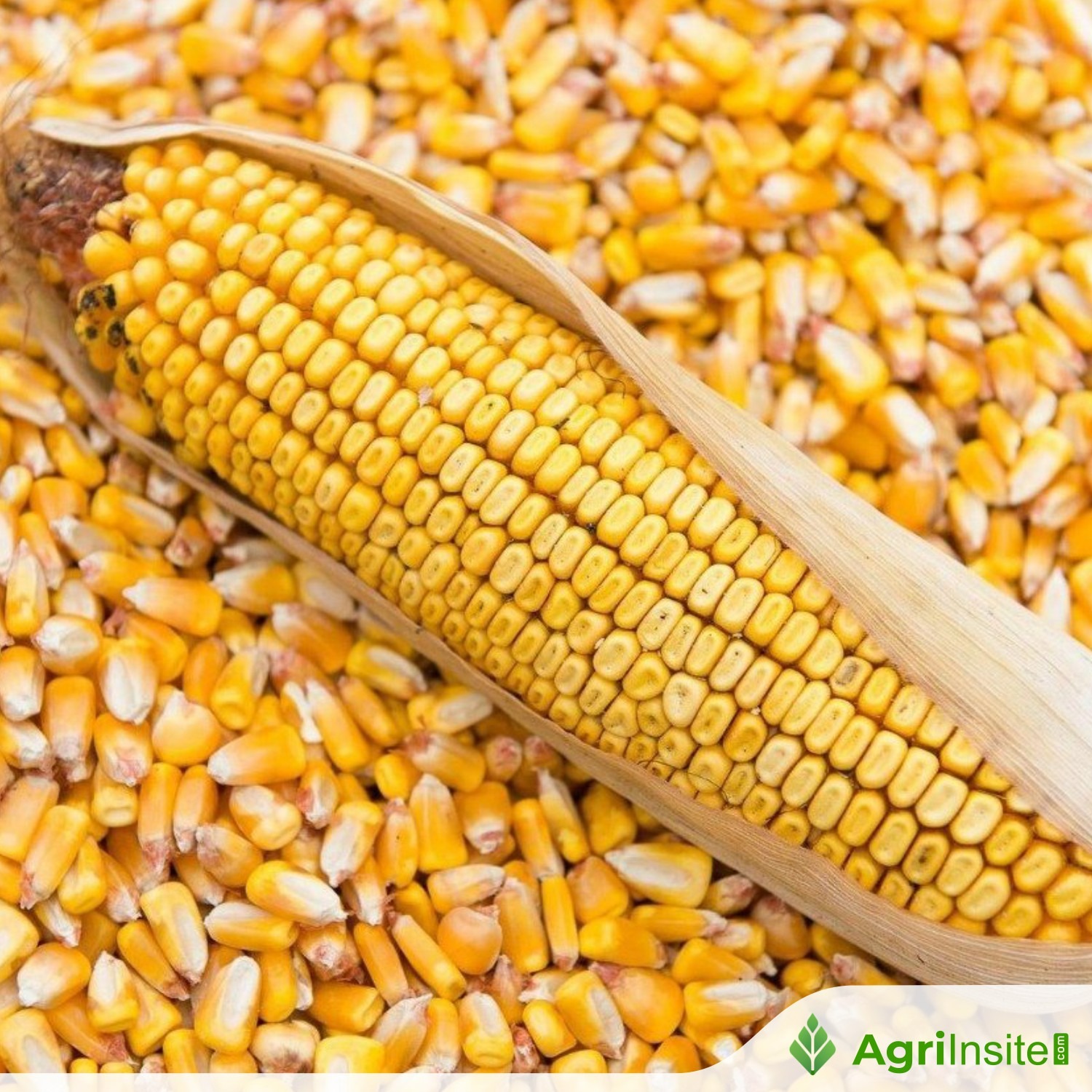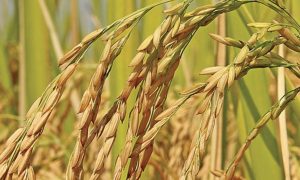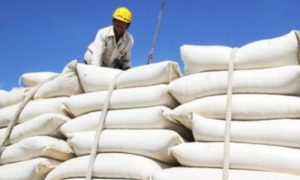Grain glut threatens Ghana’s food security as 100,000 tonnes remain unsold

Ghana’s grain sector faces crisis as over 100,000 tonnes of 2024 maize and rice remain unsold, leaving farmers in debt and mills underutilized. Cheap imports and smuggling depress prices, threatening local value chains. The Chamber of Agribusiness urges tighter border controls, guaranteed prices, state procurement, financial support, and infrastructure investment to safeguard food security.
Ghana’s grain sector is on the brink of crisis, with more than 100,000 metric tonnes of maize and rice from the 2024 harvest still unsold. The situation has left farmers trapped in debt and threatens the survival of local processors.
According to the Chamber of Agribusiness Ghana (CAG), the glut—worsened by a surge in cheap imports and rampant smuggling of substandard grains—has forced many farmers to sell below production cost.
With the 2025 harvest season fast approaching, the Chamber fears the problem could intensify, undermining livelihoods, collapsing mills, and placing national food security at risk.
In a statement, CAG stressed that smuggled rice and maize, which evade duties and quality checks, are flooding Ghanaian markets at artificially low prices. It warned that if the government does not act swiftly, entire subsectors of the maize and rice industry could collapse. Already, some mills and maize processors are operating below capacity, while others have shut down completely.
“This not only jeopardises farmer incomes but also weakens the domestic value chain, making Ghana increasingly dependent on foreign imports and eroding food sovereignty,” the Chamber noted.
CAG further raised concerns about alleged collusion between smuggling syndicates and corrupt border officials, pointing out that tax evasion from illicit grain imports is depriving the government of critical revenue.
The Chamber is therefore urging decisive policy action, including tighter border controls, a mandate for state institutions such as the School Feeding Programme, Armed Forces, and Prisons Service to source from local producers, and guaranteed minimum prices to stabilise farmer incomes.
It also called for financial support to millers to enable them to purchase grains at harvest, alongside long-term investments in rural roads, storage facilities, and cold chain systems to strengthen resilience in the sector.
According to the Chamber, irrigation systems and stronger farmer cooperatives are equally essential to boost productivity and make Ghana’s maize and rice more competitive against imports.
To chart a sustainable path forward, CAG is calling for an urgent high-level dialogue between government, private sector players, and farmer associations ahead of the upcoming harvest season.
“Investing in local rice and maize is investing in Ghana’s economic independence, jobs, and food sovereignty. The time to act is now,” the Chamber stressed.
To Read more about Maize News continue reading Agriinsite.com
Source : CNR














